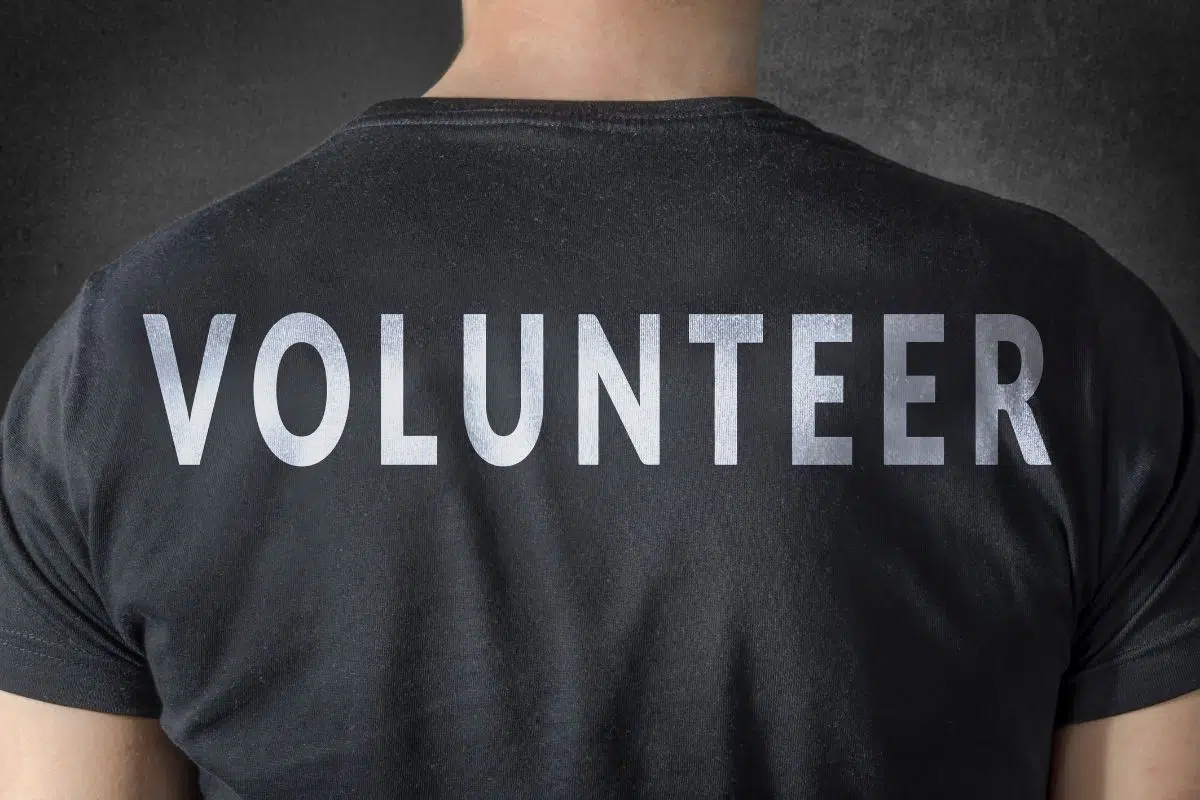Volunteers often make up an essential core of a nonprofit’s operations, helping with daily administration duties and activities. They may also help with special events, like public outreach drives. A nonprofit’s leadership team may even be comprised of a mix of volunteers and salaried employees. When an organization relies on the help of volunteers, it needs to understand how it may be held liable for its volunteers’ actions.
Nonprofits can be liable for the actions of their agents.
Unless an exception applies, an organization typically is responsible for damages caused by its agents. An agency relationship may exist when an organization has control, or should have had control, over an individual’s actions. This concept extends to volunteers, especially if they are doing work under the direction of a nonprofit manager and on behalf of the nonprofit.
Volunteers of nonprofit organizations, like churches, are protected in many states against personal liability for unintentional injuries they cause to other people during the course of their volunteer work. In this case, the concept of “injury” goes beyond just physical injuries that require medical care. It also captures property damage and financial losses.
Arizona law shields volunteers from liability, but that may not apply to the nonprofit.
Arizona law shields nonprofit volunteers from liability for injuries caused to a third party while the volunteer is acting in good faith and within the scope of his or her volunteer duties. This shield is not available for intentional, reckless, or gross negligence on the part of the volunteer.
For the nonprofit, the immunity of a volunteer can, in some ways, increase the risk for the organization itself. That is why it is so important for nonprofits to carry adequate levels of insurance that will cover the anticipated activities of its volunteers.
As an agent of a nonprofit, a volunteer can cause a range of other problems. A volunteer can make misrepresentations to donors, claim to have the authority to bind the nonprofit to contracts or breach third party intellectual property rights while doing nonprofit work. The list of potential issues is large, but a straightforward solution is available. Volunteers should be asked to sign clear, written parameters of what they can and cannot do on the organization’s behalf. In many instances, training volunteers can not only save the organization from liability but also make the volunteers more effective in their work. And of course, having a clear volunteer policy to guide organization leaders ensures consistency across the institution.
Provident Law’s nonprofit attorneys can help churches and religious organizations with risk management. We stand ready to counsel and serve churches, charities, and foundations, as well as private schools, colleges, universities, and other types of nonprofit organizations—providing broad transactional and general counsel services in Arizona and surrounding areas. Contact us to learn more.


